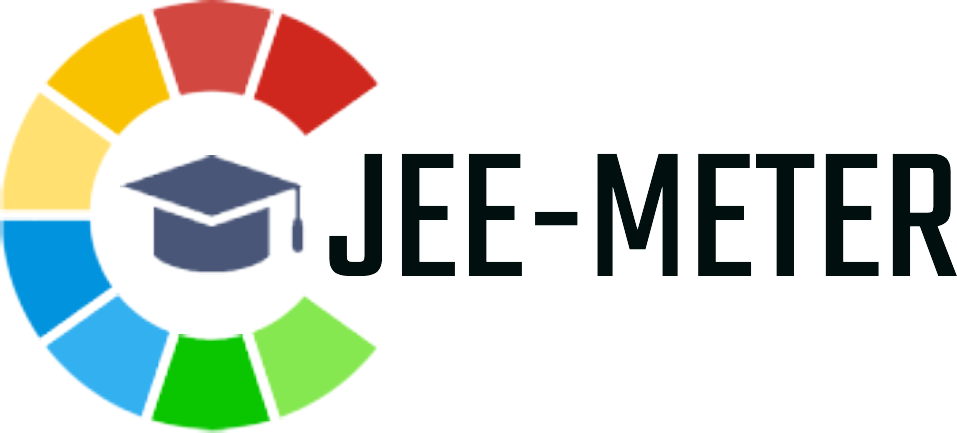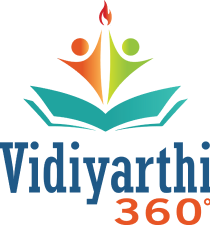Overview
|
Features |
Details |
|
Exam Name |
Common Law Admission Test (CLAT) |
|
Conducted By |
Consortium of National Law Universities (NLUs) |
|
Purpose |
To get admission in undergraduate (UG) and postgraduate (PG) law programs like- BA LLB, BBA LLB, LLM, and other law-related courses offered by 22 National Law Universities (NLUs) in India. |
|
Exam Sessions |
Once a year usually held in December |
|
Application Mode |
Online |
|
Steps of Application |
|
|
Application Fees |
|
|
Payment Mode |
Online (Debit/Credit Card, Net Banking, UPI) or Offline (SBI Challan). |
|
Eligibility Criteria |
For UG (BA LLB, BBA LLB, etc.):
For PG (LLM):
|
|
Mode of Exam |
Offline mode (pen-and-paper based) |
|
Medium of Exam |
English only |
|
Duration of Exam |
2 hours (120 minutes) |
|
Types of Questions |
Multiple Choice Questions (MCQs) |
|
Exam Pattern |
For UG (BA LLB, BBA LLB, etc.)
Subject-wise Distribution:
For PG (LLM)
|
|
Syllabus |
For UG (BA LLB, BBA LLB, etc.) The UG syllabus focuses on comprehension-based passages in different sections:
For PG (LLM) The PG syllabus covers legal subjects from LLB courses:
|
|
Marking Scheme |
For both UG & PG exams:
|
|
Preparation Tips |
|
|
Helpline numbers |
08047162020 |
|
Email address |
clat@consortiumofnlus.ac.in |
|
Official Website |
https://consortiumofnlus.ac.in |






 Home
Home Find Colleges
Find Colleges Contact
Contact Latest News
Latest News



